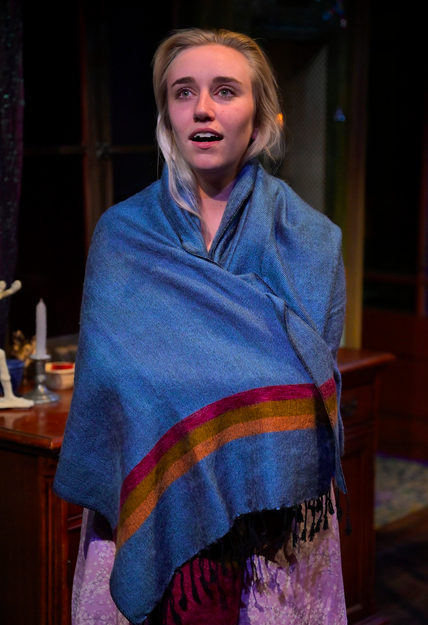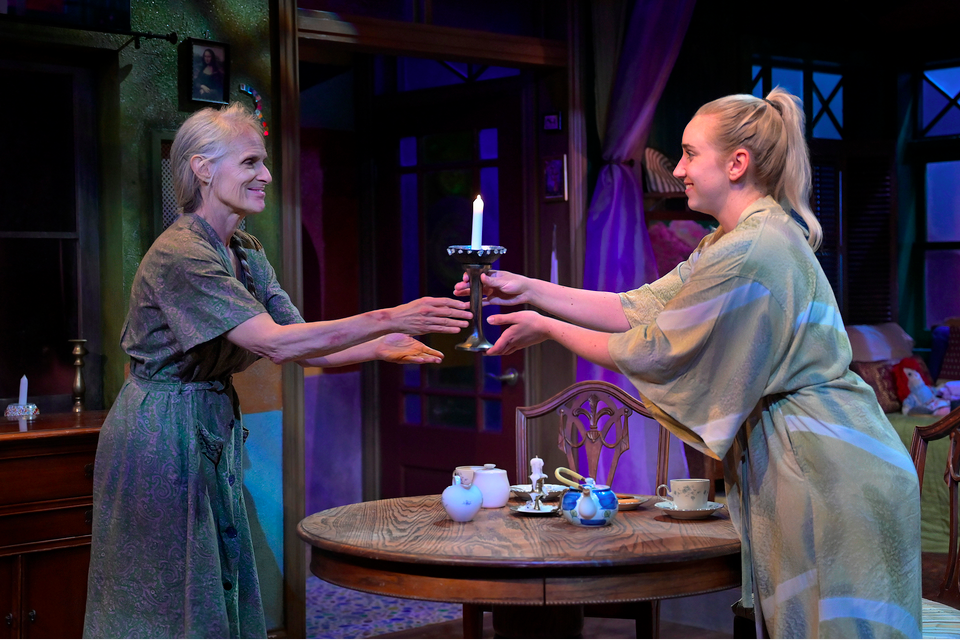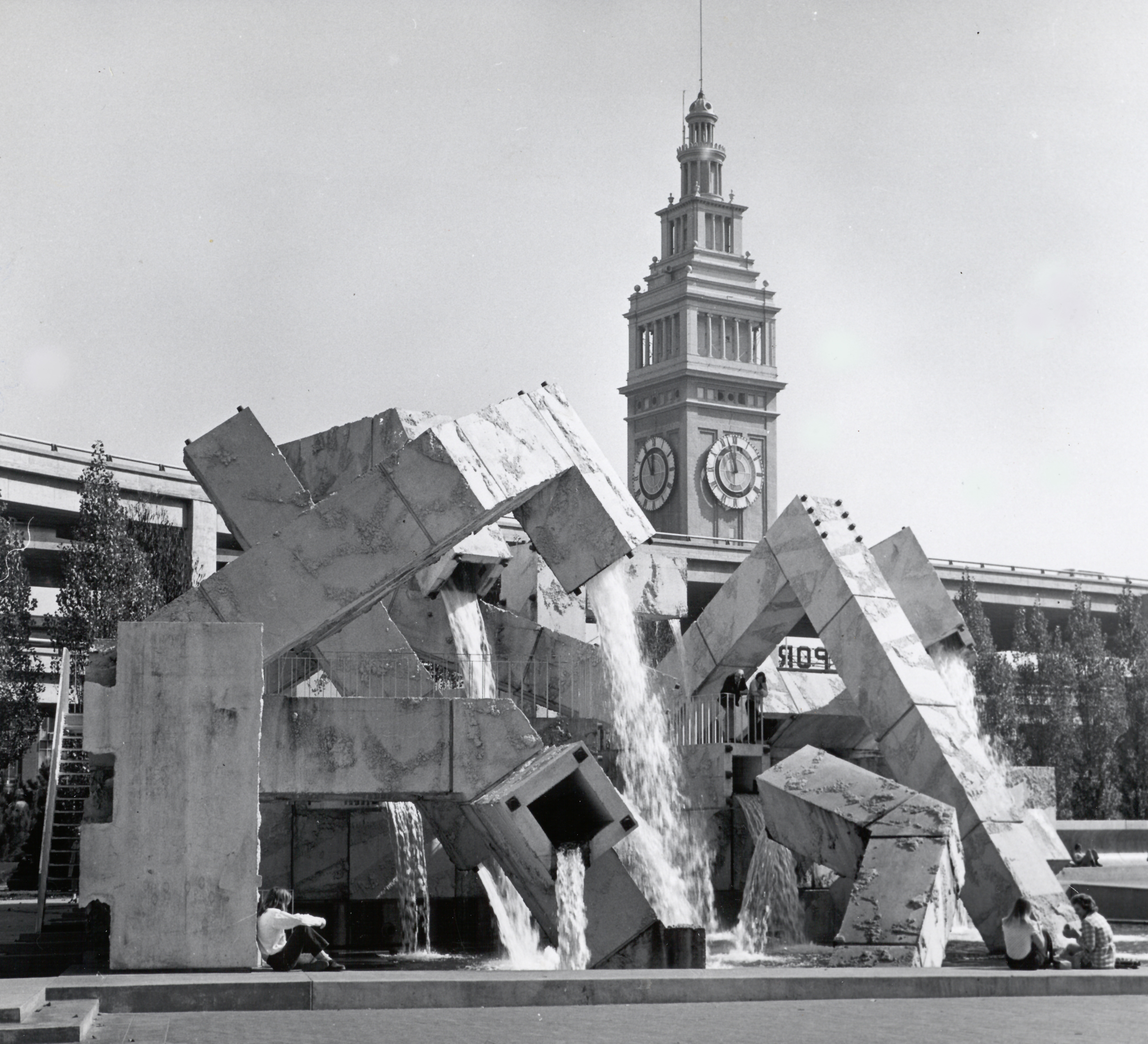
Notes on Sculpting a Friendship: Fugard’s "The Road To Mecca"
Review by Alex Ullman
The only time I truly remember my mother happy was when she was taking photographs. She had a studio in our damp basement that smelled like cedar and solitude. Occasionally, she worked for a food magazine, and her labor of love became collective.
Lori the chef would descend the steps in a flurry, steaming pies in hand. Linda the designer would angle the herbs just within the sight of the lens. The women were eating, drinking—creating. As a young boy, I saw none of this. But I imagined it all: the sound of laughter rose through the vents to my bedroom desk, where I sat writing, much like I am now.
I was privileged to overhear, once again, the power of female, collective artistry this past weekend while attending Z Space’s brilliant staging of Athol Fugard’s "The Road to Mecca", directed by Timothy Near. Fugard has long been celebrated as one of South Africa’s most acclaimed playwrights, known as much for his theatrical minimalism as for his anti-apartheid politics. Debuting in 1984 just before a crucial moment of resistance to the Apartheid regime, "Mecca" was Fugard’s first play to explore the crisis of South African whiteness through the relationship between two female characters.
At the center of the play is the friendship between Elsa, a white, British schoolteacher in her late twenties and Helen, an Afrikaner in her late sixties who has dedicated her life to the art of sculpture. The character of Helen is loosely based on the sculptor Helen Martins, whose “Owl House”—her personal home and sculpture garden—still resides on the outskirts of the Great Karoo desert. The fiction of the play is somewhat Faustian in its setup: over the period of a few twilight hours, an aging Helen is tempted toward the world of politics by Elsa in Act 1 and then toward docile, Christian retirement by Pastor Marius in Act 2. What role does art play, Fugard asks us, in both historical and personal change?
Even before the play starts at Z Below, the design team powerfully immerses the audience in this question. When you first sit down, Helen’s eccentric home beckons: an owl sculpture peers through the colored stained glass, while smaller, human-like forms—arms outstretched—double as candleholders. We’ll come to learn that Helen has attempted to “banish the darkness” from her life with these candles, her house itself a form of luminous escapism. But surrounding us are the sounds of indigenous Xhosa bow music, evoking the work of the late, great South African musician Madosini. What did this music mean to the Xhosa people, this juxtaposition between stage and sound made me think. What forms of escape or resistance or memory did it serve them?
Much of the dramatic tension of Act 1 lies in Elsa and Helen discovering what undergirds their girlish friendship. “Trust,” Helen says to Elsa, “I trust you. That’s why my [inner] little girl can come out and play.” What a delight it is to watch Helen, here played with a whimsical weightiness by Wendy Vanden Heuvel, discover this truth, at the same time that Elsa, played ferociously by Kodi Jackman, both elicits and challenges it. Helen does a lot of listening in this first act, and it’s a joy to watch Heuvel’s animated eyebrows—themselves two owl-like actors—receive, question, and deflect every one of Elsa’s impassioned feminisms.
Historically, Act 1 has felt like a slog. The thing about it is that it’s a counterpoint not just in language but in light. As the dusk deepens, the emotional intensity increases, and you have to be very careful to deliver the dialogue—which is really more like a double monologue—with enough speed without overwhelming Fugard’s ideas. In this production, director Timothy Near keeps the rhythmic balance intact, leading Heuvel to deliver several explosive, climactic monologues. And at the play’s most precious moments, both Helen and Elsa point out toward the audience—like one of Helen’s candle holders—as if we were the sculpture garden, the great work of art to which Helen dedicated her life.

Miss Helen (Wendy vanden Heuvel) and Elsa (Kodi Jackman) light a candle in Athol Fugard's "The Road to Mecca." Photo by Kevin Berne
But we are also forced to move and be moved, especially in Act 2, when Pastor Marius, here played dutifully by Victor Talmadge, arrives. Love is a game of triangles, but so is a theatrical three-hander: Near coaches the actors masterfully, having them crisscross the stage, forming connections and disconnections that play shadows against the stained glass. Though Helen is the sculptor, there’s a sense that both Marius and Elsa want to sculpt Helen into smaller versions of themselves. But Helen won’t have it. In resisting their hold, Heuvel again delivers another powerful monologue that caused this audience—hanging on her every word—to break out into applause. Treasure this production’s second act not just for its sounds but for its silences, especially when Talmadge powerfully looks down in defeat, taking a doleful, sonorous breath.
In its thematic fetishization of the “east,” Fugard’s "The Road To Mecca" will always risk perpetuating an orientalism it claims to challenge. We also know that the movement from lightness to darkness—the overarching metaphor of Western culture from Plato’s "Republic" to Fugard’s play—traffics in harmful, racial tropes. But I think the play ultimately moves past these dated metaphors. Helen, by the end of the play, is a kind of repentant Prospero who’s realized that her attempts to “banish the darkness” and to sculpt her way toward Mecca were themselves illusions. As we look backward to the history of South African apartheid but also forward toward our own imminent societal upheaval: what metaphors will we live by?
As I watched Elsa and Helen frolic, fight, and find each other throughout this production, I kept asking myself: who is the mother figure here? Who is the daughter? But it was a mistake to bring the category of the family to this play at all. What Fugard offers us here, and what Near captures so well, I think, is the dangerous and necessary process of sculpting a friendship.
"The Road to Mecca" runs through June 30th at Z Space, San Francisco
Main image: Elsa (Kodi Jackman) comes to visit a dear friend in Athol Fugard's "The
Road to Mecca." Photo by Kevin Berne


